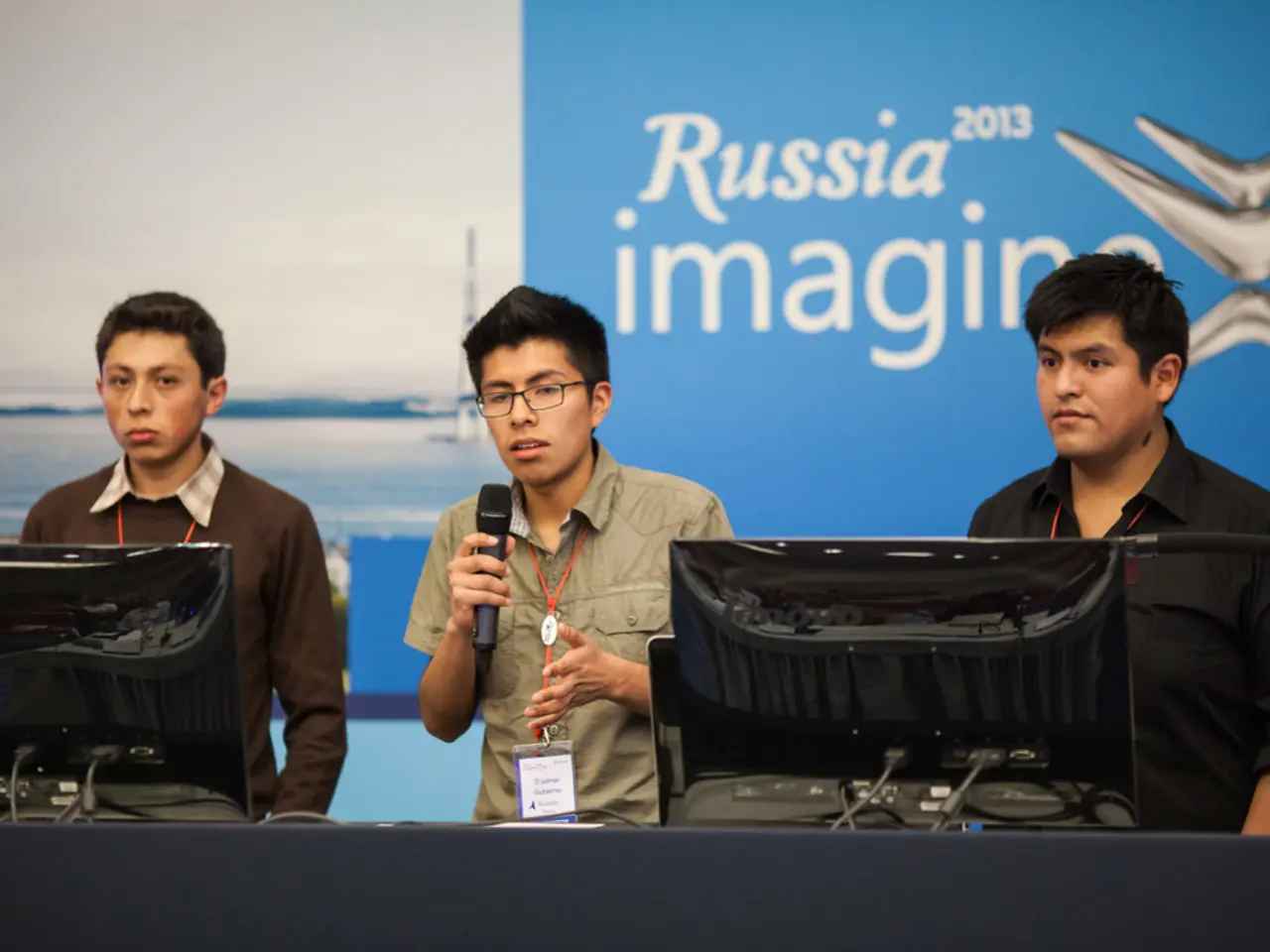Lithuania's President Nauseda advocates for the readiness to send troops to aid in Ukraine's security.
The Coalition of the Willing, a group of nations committed to supporting Ukraine's security, is currently reaffirming its readiness to deploy a reassurance force in Ukraine once hostilities cease. This decision, emphasized in recent high-level meetings co-chaired by French President Emmanuel Macron and UK Prime Minister Keir Starmer, and involving Ukrainian President Volodymyr Zelenskyy, aims to secure Ukraine’s skies and seas and help regenerate its armed forces.
About 30 countries are engaged in discussions as part of the Coalition to finalize security guarantees and plans. These include sending troops not to frontline combat zones but to non-hot zones for deterrence and support. France and the UK are committed to contributing forces, with the UK Defence Secretary confirming readiness to put boots on the ground to reassure Ukrainians, assist with air and sea defense, and support Ukrainian military training.
The US, while providing strong security guarantees and diplomatic support, has stated it will not deploy ground troops. However, it plays a vital coordinating and backing role within the Coalition. The deployment is explicitly tied to a ceasefire or significant cessation of hostilities, reflecting that the reassurance force is intended as a post-war security measure rather than direct intervention during ongoing conflict.
Continued diplomatic efforts, sanctions pressure on Russia, and strict principles including that international borders must not change by force and Ukraine must have robust sovereignty guarantees underpin the Coalition’s approach. Planning teams from Coalition countries are working closely with US counterparts to strengthen and prepare detailed operational plans for this reassurance force.
Lithuanian President Gitanas Nausėda, while not making a recent direct statement on the Coalition deployment, has expressed commitment to Ukraine's security. The general thrust of the Coalition's dialogue and leadership—heavily influenced by European nations including Lithuania—supports a credible security guarantee framework, likely aligned with Nausėda’s known positions advocating solid regional security and militant support for Ukraine.
In summary, the deployment of Coalition forces in Ukraine is planned as a future, post-conflict reassurance mission, with strong European leadership and US backing, contingent on a ceasefire and continuing diplomatic progress. The Coalition aims to provide credible security guarantees to deter further aggression and aid Ukraine in rebuilding its defense capacities.
Meanwhile, the upcoming meeting of the US and Russian presidents is a topic of discussion in the meeting held by the Coalition of the Willing. The Lithuanian leader emphasized the importance of terms that are beneficial for both Ukraine and Europe in ending the war, and stressed the need for a comprehensive ceasefire without preconditions before any real negotiations can begin. Additionally, President Nausėda stated that countries need to be prepared to deploy forces to ensure security in Ukraine, and that Ukrainian President Volodymyr Zelensky should participate in future meetings.
Read also:
- Weekly happenings in the German Federal Parliament (Bundestag)
- Southwest region's most popular posts, accompanied by an inquiry:
- Discussion between Putin and Trump in Alaska could potentially overshadow Ukraine's concerns
- Massive 8.8 earthquake hits off the coast of Russia's Kamchatka Peninsula, prompting Japan to issue a tsunami alert.








